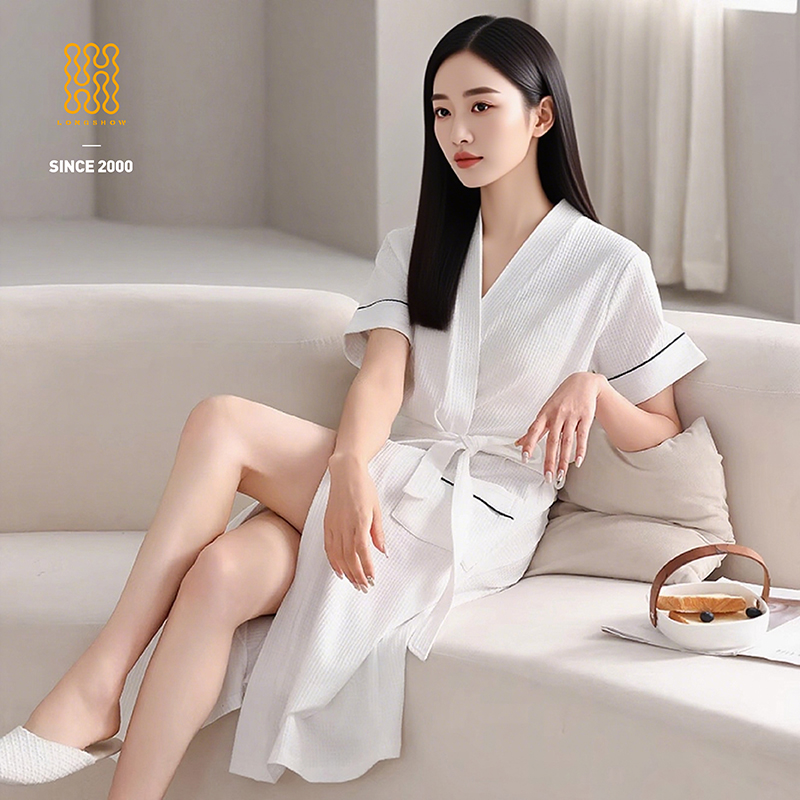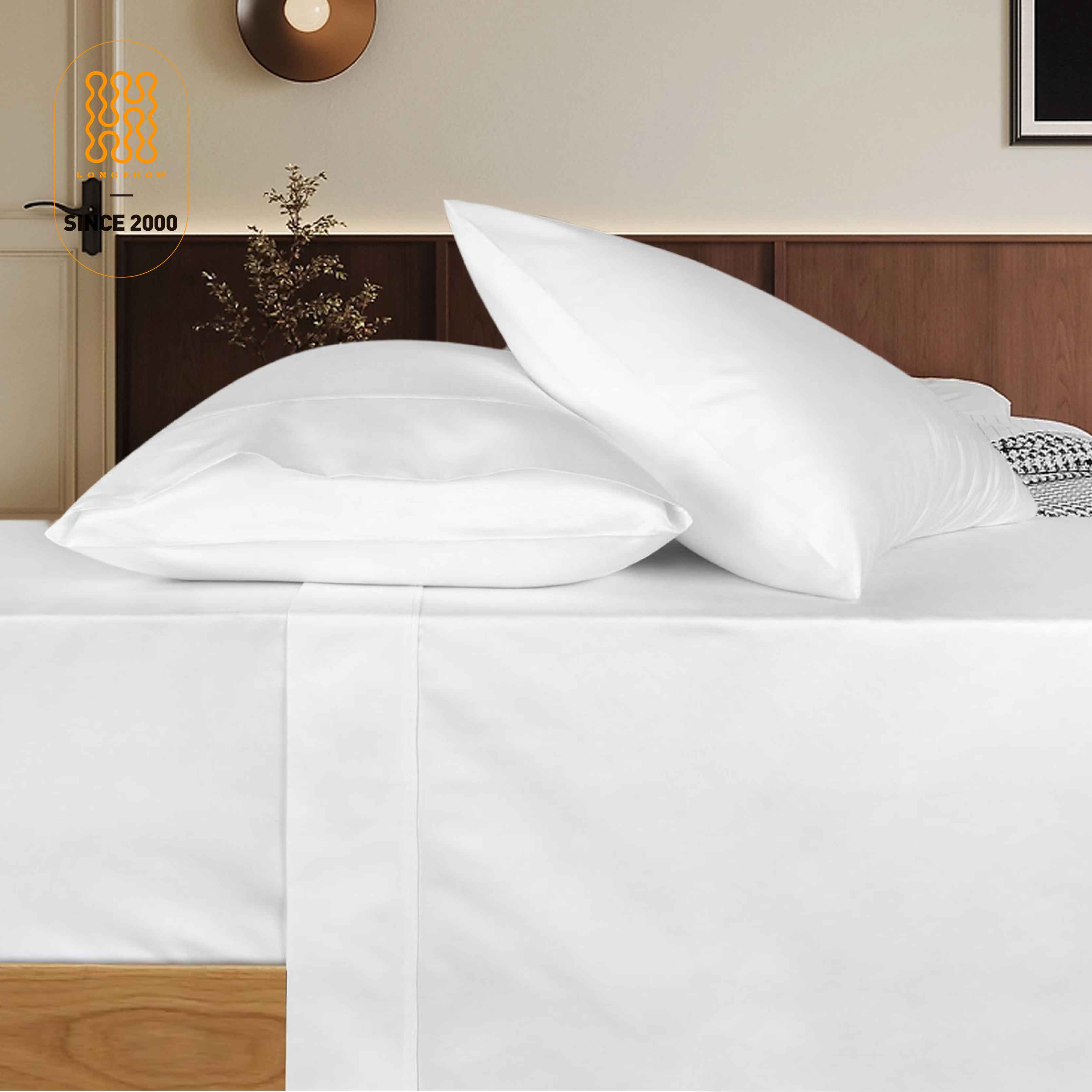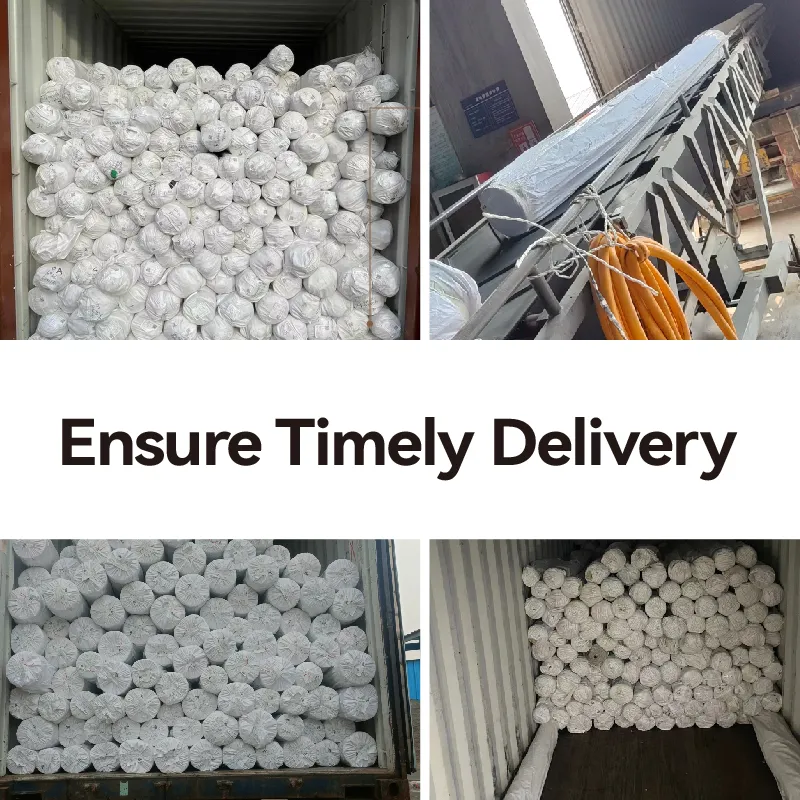Functional Fabric
Latest News
-
 natural-bamboo-sheets-for-sensitive-skin-reliefFor millions with sensitive skin, the quest for truly comfortable sleep remains elusive. Traditional
natural-bamboo-sheets-for-sensitive-skin-reliefFor millions with sensitive skin, the quest for truly comfortable sleep remains elusive. Traditional 08 / 22 / 2025
08 / 22 / 2025 -
 organic-cotton-bed-sheet-fabric-certification-explainedThe global shift towards sustainable and health-conscious living has significantly impacted the text
organic-cotton-bed-sheet-fabric-certification-explainedThe global shift towards sustainable and health-conscious living has significantly impacted the text 08 / 22 / 2025
08 / 22 / 2025 -
 Creating a Spa Day with Plush Waffle Bath RobesThe pursuit of relaxation has never been more essential in our fast-paced world, and the cornerstone
Creating a Spa Day with Plush Waffle Bath RobesThe pursuit of relaxation has never been more essential in our fast-paced world, and the cornerstone 08 / 14 / 2025
08 / 14 / 2025 -
 How to Cut Linen Maintenance Costs by 30% with Proper Polycotton IroningFor hotels, motels, clinics, nursing homes, and large-scale laundry operations, maintaining crisp, p
How to Cut Linen Maintenance Costs by 30% with Proper Polycotton IroningFor hotels, motels, clinics, nursing homes, and large-scale laundry operations, maintaining crisp, p 08 / 11 / 2025
08 / 11 / 2025








